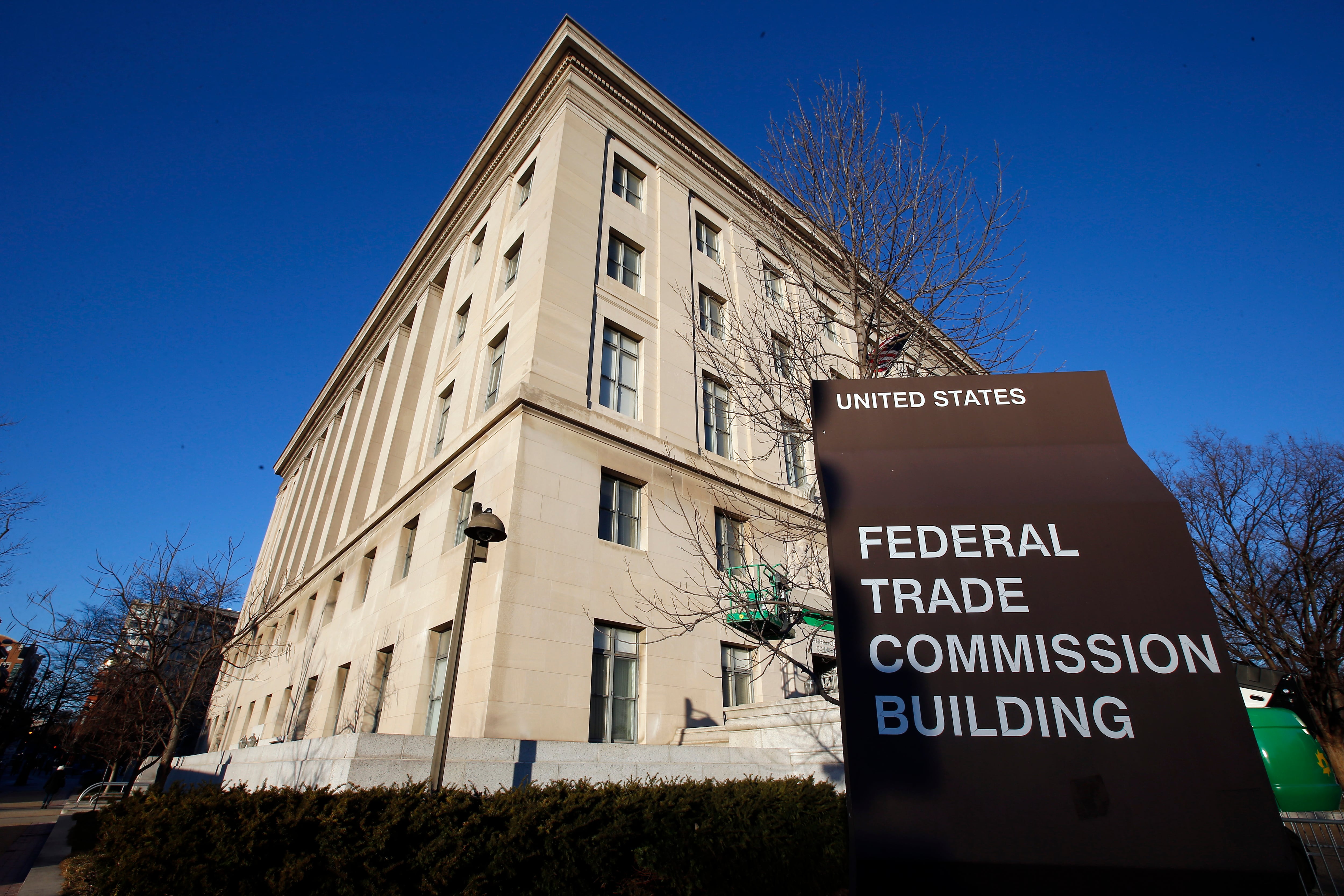U.S. antitrust enforcers have decided to investigate the roles Microsoft, Nvidia and OpenAI have played in the artificial intelligence boom, according to people familiar with the pending actions.
The Department of Justice will launch an investigation of chipmaker Nvidia, while the Federal Trade Commission will scrutinize close business partners Microsoft and ChatGPT-maker OpenAI, according to two people who were not authorized to publicly discuss details of the investigations and spoke to The Associated Press on condition of anonymity.
Nvidia and OpenAI declined to comment Thursday. Microsoft didn’t immediately respond to a request for comment.
The New York Times was first to report Thursday on a deal between antitrust regulators at the two agencies.
Emboldened by President Joe Biden’s push for tougher scrutiny of Big Tech’s business practices, federal officials have signaled for more than a year that they’ve been watching out for monopolistic behavior in the rapidly advancing industry of chatbots and other generative AI products that can produce human-like text, imagery and sound.
Lina Khan, chair of the FTC, said in January that the agency would scrutinize deals that “enable dominant firms to exert undue influence or gain privileged access in ways that could undermine fair competition.”
The FTC said at the time it was opening an inquiry into the relationships between leading artificial intelligence startups such as OpenAI and Anthropic and cloud computing providers such as Amazon, Google and Microsoft that have invested billions of dollars into them.
Microsoft’s relationship with OpenAI has been particularly close, supplying the smaller San Francisco company with the vast computing resources needed to train generative AI systems like ChatGPT.
The entire AI industry has also relied heavily on Nvidia’s specialized semiconductors to power AI applications. Demand for its AI chips has led Nvidia’s stock to soar, surpassing $3 trillion in market value Wednesday and making it one of the most valuable companies in the S&P 500.













